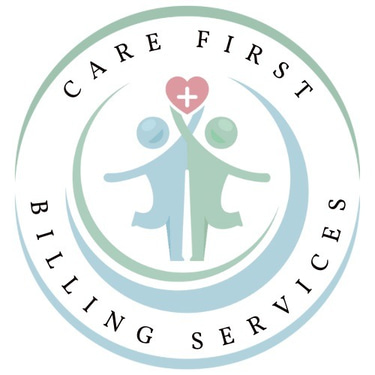HRA vs HSA vs FSA
Let's discuss the difference between HRA, HSA and FSA cards that can help you patients plan for out of pocket expenses!
4/20/20232 min read


Now that we've discussed what balances you may be responsible for, let's discuss payment methods! Besides good ole fashion cash or credit you may be eligible for a few of the above mentions accounts.. so let's dive into it!
HRA stands for Health Reimbursement Agreement. HRAs are only offered through your employer, and they are the only ones who can contribute funds to it. These contributions can be used towards your medical expenses, are tax free and unused funds may or may not carry over to the next year depending on the rules set by your employer.
HSA stands for Health Savings Account. HSAs are owned by the employee so the employee makes the contributions however employers may also contribute. You can set up an HSA on your own through your bank or by contacting your health insurance carrier if they offer it. However, HSAs are only eligible with a High Deductible Health Plan or HDHP. For 2023 those limits are a minimum of $1,500 for an individual deductible and $3,000 for family deductible and a maximum Out Of Pocket limit of $7,500 and $15,000. There's also limits on how much can be contributed to your HSA which are $3,850 for individuals and $7,750 for families for 2023. An HSA is also tax free and unused funds do carry over to the next year.
FSA stands for Flex Spending Account. FSA's are set up by your employer, typically the employee contributes the funds but in some cases an employer can too. So this rules out any self employed individuals. There is also a contribution limit for an FSA which is $3,050 for 2023. When it comes to the funds it's a "use it or lose it" scenario, so any unused money does not roll over to the next year. Just like the other two options these contributions are also tax free.
So what if you're not eligible for any of these but you have high medical expenses? Another option is a CareCredit card which typically carries an interest rate for high balances. But your best best if you talk to your provider's billing department! Most billing departments have payment plan options (usually interest free too!)


